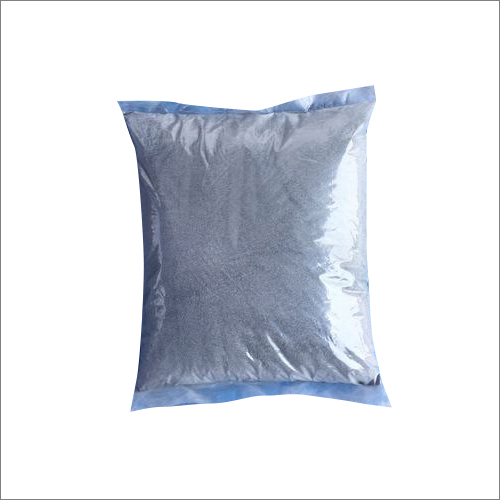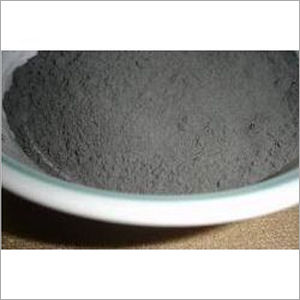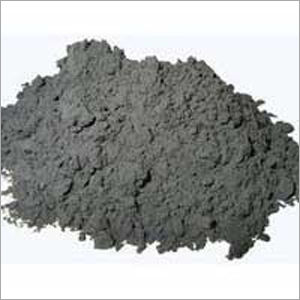
Rice Husk Ash
5 INR/Kilograms
Product Details:
- Application STEEL INDUSTRIES
- Shape Powder
- Color Grey Black
- Click to view more
X
Rice Husk Ash Price And Quantity
- 1000 Kilograms
- 5 INR/Kilograms
Rice Husk Ash Product Specifications
- STEEL INDUSTRIES
- Powder
- Grey Black
Rice Husk Ash Trade Information
- 1000 Kilograms Per Day
- 1 Days
- Yes
- Free samples are available
- Australia Central America North America South America Western Europe Middle East Eastern Europe Asia Africa
- All India
Product Description
An environmentally friendly additive with uses on a small to big scale is rice husk ash. It has a waterproofing function. Additionally, it is added to concrete as an additive to make it impervious to chemical encroachment. In the building sector, rice husk ash is utilized in a wide range of products, such as ceramic glaze, concrete production, high-performance cement, soundproofing, tile flooring, and floors for factory output. It is also used to make roofing shingles and asphalt shingles.
Rice Husk Ash FAQ:
1. What is rice husk ash (RHA)?
Rice husk ash is the byproduct generated during the combustion of rice husk. It consists mainly of silica, with small amounts of other elements such as potassium, sodium, calcium, and magnesium.
2. How is rice husk ash produced?
RHA is produced by burning rice husks in controlled conditions. This combustion process results in the separation of the organic material from the silica-rich ash.
3. What are the applications of rice husk ash?
Construction: RHA is widely used as a supplementary cementitious material in concrete production. It improves the strength and durability of concrete.
Agriculture: It can be utilized as a soil amendment to improve soil fertility and structure.
Waste Management: RHA serves as a sustainable solution for the disposal of rice husk waste.
Industry: It finds applications in industries such as ceramics, refractories, and insulation materials.
4. How does rice husk ash benefit concrete?
RHA acts as a pozzolanic material, reacting with calcium hydroxide in cement to form additional cementitious compounds, thereby enhancing the strength and durability of concrete.
It reduces the heat of hydration and improves the workability of concrete.
RHA also helps in reducing the permeability of concrete, making it more resistant to chemical attack and corrosion.
5. Is rice husk ash environmentally friendly?
Yes, RHA is considered environmentally friendly because it utilizes a waste product (rice husk) that would otherwise be disposed of through burning or landfilling. Its use in various applications helps reduce waste and minimize environmental pollution.
6. Are there any limitations or precautions when using rice husk ash?
The quality and properties of RHA can vary depending on factors such as the source of rice husks and the combustion process. Thus, it's essential to ensure consistent quality when using RHA in applications such as concrete.
Proper handling and disposal procedures should be followed to minimize health and safety risks associated with fine particulate matter.
7. Where can I obtain rice husk ash?
Rice husk ash can be obtained from rice mills, where it is often available as a byproduct of rice husk combustion. It can also be purchased from suppliers specializing in supplementary cementitious materials.
8. Is rice husk ash cost-effective?
Yes, RHA is generally cost-effective due to its availability as a byproduct and its ability to enhance the properties of various materials such as concrete. Its use can lead to savings in material costs and improved performance of end products.
9. How can I store rice husk ash?
RHA should be stored in dry conditions to prevent moisture absorption, which can affect its properties. Proper packaging and sealing can help maintain the quality of RHA during storage.
10. Are there any ongoing research or developments related to rice husk ash?
Ongoing research focuses on optimizing the production process of RHA, exploring new applications, and improving its performance in existing applications such as concrete production. Researchers are also investigating the environmental impacts and sustainability aspects of RHA utilization.
Enter Buying Requirement Details






